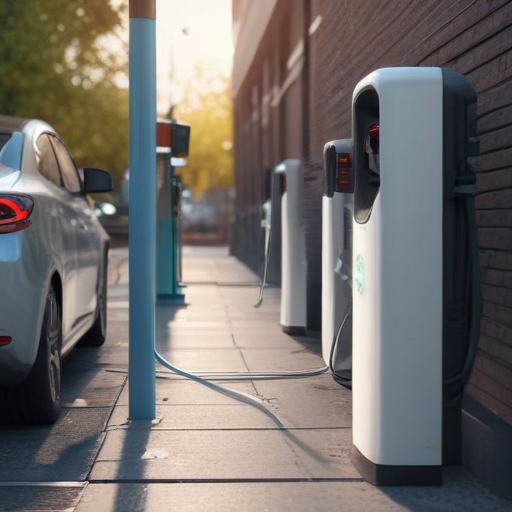Electrifying vehicle fleets presents a significant challenge often described as the “chicken-and-egg problem.” The primary dilemma is determining whether to invest first in the vehicles or the necessary charging infrastructure. Joshua Aviv, the founder and CEO of SparkCharge, shared insights on this issue, noting that some companies approach him with electric vehicles ready but without charging solutions in place.
SparkCharge has shifted from its original service of mobile EV charging to offering a model known as “charging-as-a-service.” This innovative approach allows fleets to purchase electricity on a per-kilowatt-hour basis while SparkCharge manages the charging process. This model addresses the urgency of fleets that may have many vehicles but lack adequate charging options.
The company has rapidly expanded its reach, covering all 50 states, Canada, and Mexico, and has recently secured $15.5 million in a Series A-1 funding round. This funding was led by Monte’s Fam and involved several other investors. In addition to equity funding, SparkCharge also obtained a $15 million venture loan from Horizon Technology Finance Corporation, emphasizing their commitment to growth.
Founded in 2018 as the electric vehicle market began to gain traction, SparkCharge identifies a significant gap in fast-charging infrastructure, especially outside of major cities. Many fleets operate around the clock, demanding efficient charging solutions that can keep their vehicles on the road.
With a service that allows fleets to bypass the complexities and costs associated with traditional charging setups, SparkCharge provides battery or generator-powered mobile chargers. These chargers can utilize various power sources such as propane, natural gas, or hydrogen. What’s more, the service can be tailored to the customer’s needs, whether they prefer operational independence or comprehensive management by SparkCharge.
The pricing structure is designed to accommodate various fleet sizes, allowing flexibility in costs based on actual usage. This model ensures that fleets remain agile, able to respond to fluctuating demands without being locked into fixed charges.
This innovative approach not only facilitates the transition towards electric vehicle fleets but also supports a reduction in reliance on public charging stations, offering great potential for improved efficiency and sustainability in transportation. By solving the complex logistics of charging for fleet operations, SparkCharge is paving the way for a more electrified future in the vehicle industry.
